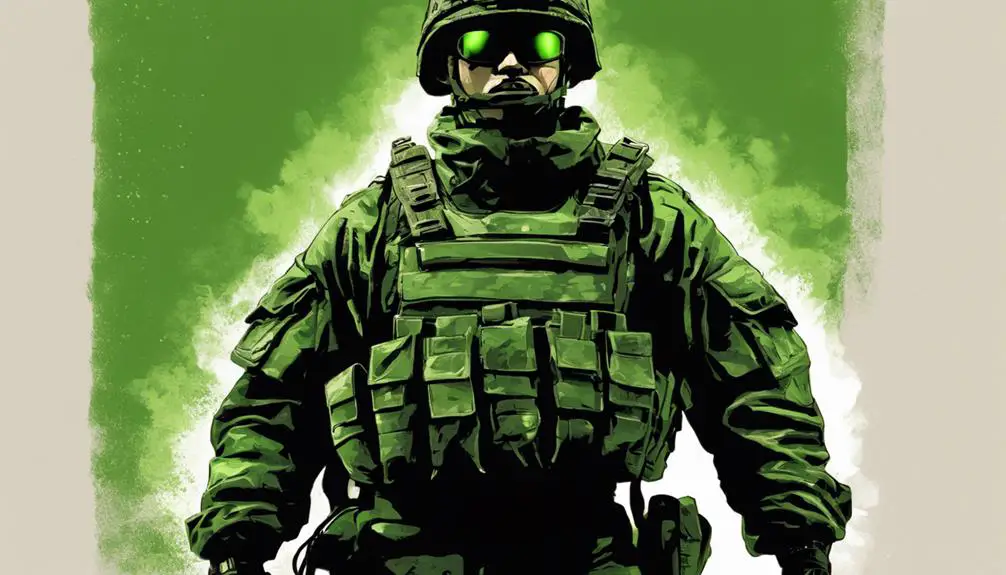You're about to gear up and get moving, but do you know the military slang that signals you're ready to go? From 'locked and loaded' to 'hot and ready,' these phrases convey critical information quickly. 'Roll out' means it's time to depart or deploy, while 'saddle up' gets you moving. With a solid pre-deployment checklist, you'll make sure you're prepared for anything. Effective comms and situational awareness are essential, so stay informed and adapt to changing situations. Master these phrases and you'll be hot and ready to take on any mission – and there's more to learn to stay ahead of the curve.
Ready to Roll Out
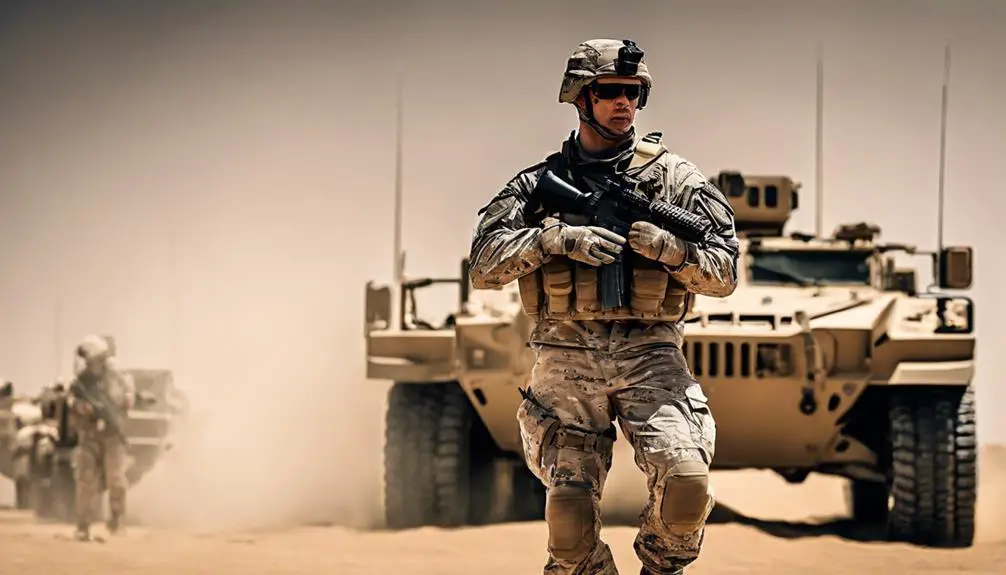
When you're told to 'roll out,' you know it's time to move quickly, as this military slang phrase signals an immediate departure or deployment. It's a call to action, and every second counts. You've got to be ready to move, and that means your gear check is essential. This isn't a drill – it's go-time.
As you're scrambling to gather your equipment, remember that every item on your checklist is vital. Your gear is your lifeline, and you can't afford to leave anything behind. From your rifle to your first-aid kit, every item has a purpose. Make sure everything is in working order, and that you've got all the essentials.
In the heat of the moment, it's easy to forget something critical. But when you're rolling out, you can't afford to make mistakes. Take a deep breath, focus, and methodically go through your gear check. Your life, and the lives of your teammates, depend on it.
Locked and Loaded Phrases
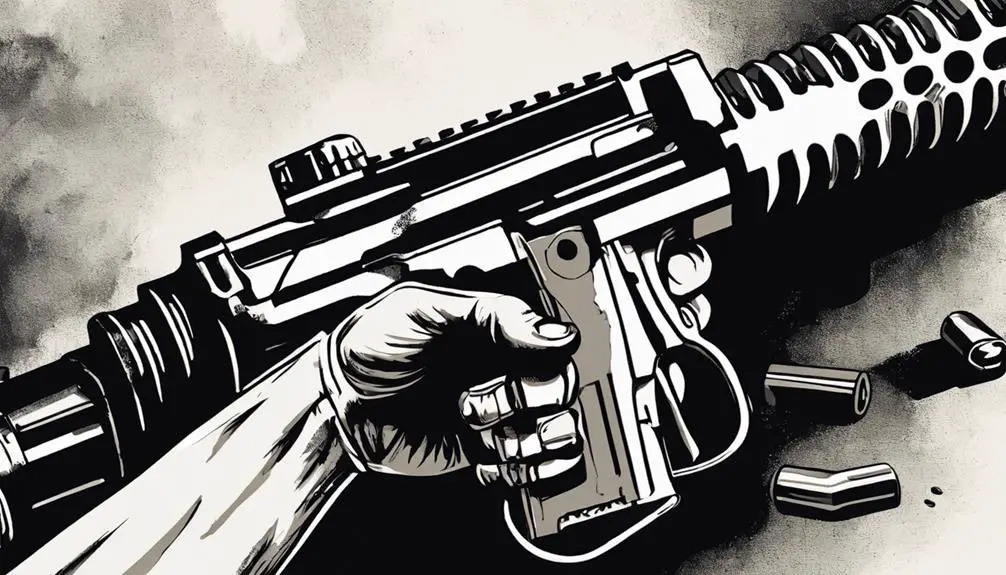
As you prepare to deploy, familiarize yourself with the following locked and loaded phrases that signal you're ready for action. These phrases are essential tactical terminology that'll get you moving swiftly and efficiently in high-pressure situations.
'Locked and loaded' itself means you're fully prepared and equipped to engage the enemy or tackle a mission. 'Gear up' is another phrase that means to get dressed in your combat gear, ready to roll out. When you're 'hot and ready,' you're fully armed and prepared to engage the enemy. 'Saddle up' is a classic combat lingo that means to get moving, often used to signal the start of a mission.
In the heat of battle, clear communication is vital. Using these locked and loaded phrases ensures that your team is on the same page, working together seamlessly to achieve the mission objective. Mastering these phrases will help you navigate complex combat scenarios with confidence and precision.
Pre-Deployment Checklists
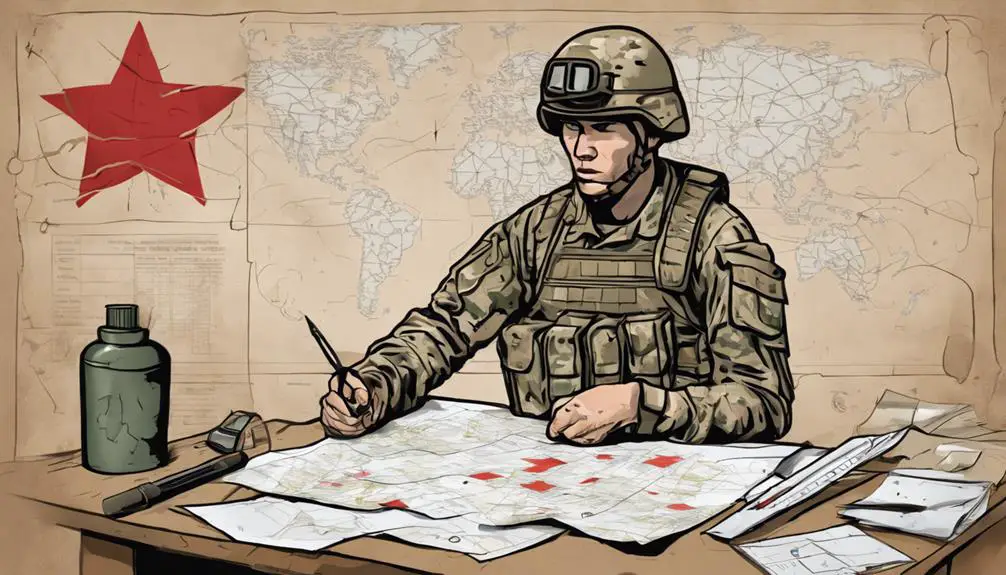
Your pre-deployment checklist is your last line of defense against oversight, guaranteeing you've covered every critical detail before heading out on a mission. It's a vital step in the deployment process, and one that requires meticulous attention to detail. By following a thorough checklist, you can make certain that you're fully prepared for any situation that may arise. This includes conducting deployment drills to identify potential weaknesses and addressing them before they become major issues. Tactical rehearsals are also essential, allowing you to fine-tune your strategy and make adjustments as needed. By running through different scenarios, you can anticipate potential obstacles and develop contingency plans to overcome them. Remember, a well-executed pre-deployment checklist is the key to a successful mission. Don't skip over critical details – your checklist is your safeguard against mistakes that could have serious consequences.
Comms for Quick Response
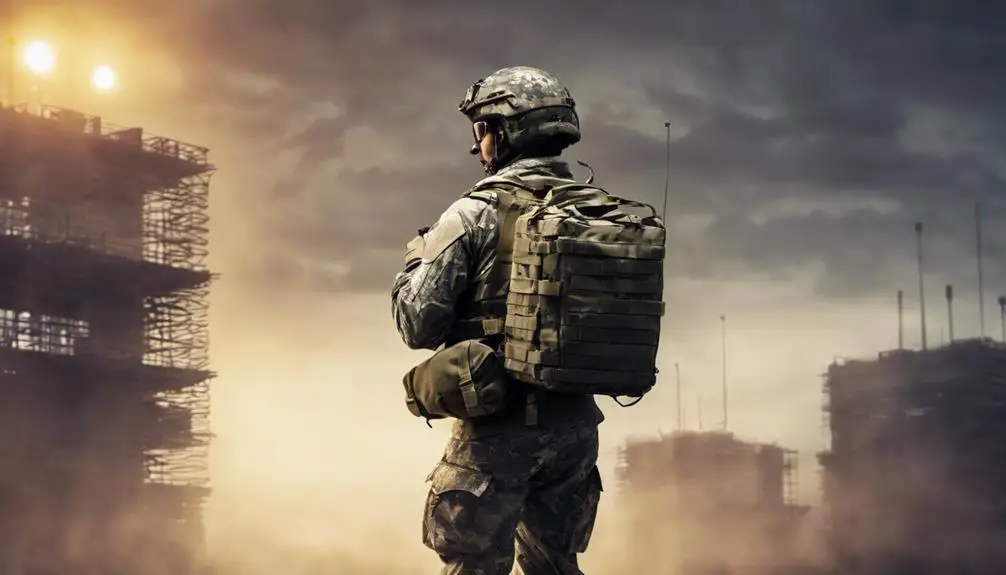
Effective communication is vital in high-pressure situations, and having a reliable comms system in place allows you to respond quickly and decisively when every second counts. When you're heading into a high-stress environment, you need to know your comms are solid. That's why radio checks are an essential part of your pre-mission prep. You'll want to test your equipment, verify your call signs, and make sure that your team is on the same frequency. A smooth comms system means you can focus on the task at hand, rather than worrying about whether your message is getting through. Remember, in the heat of the moment, you won't have time to troubleshoot comms issues. By performing regular radio checks and using clear, concise call signs, you'll be able to respond quickly and effectively, even in the most intense situations. Stay one step ahead of the game by prioritizing comms in your pre-deployment checklist.
SITREP and Situational Awareness
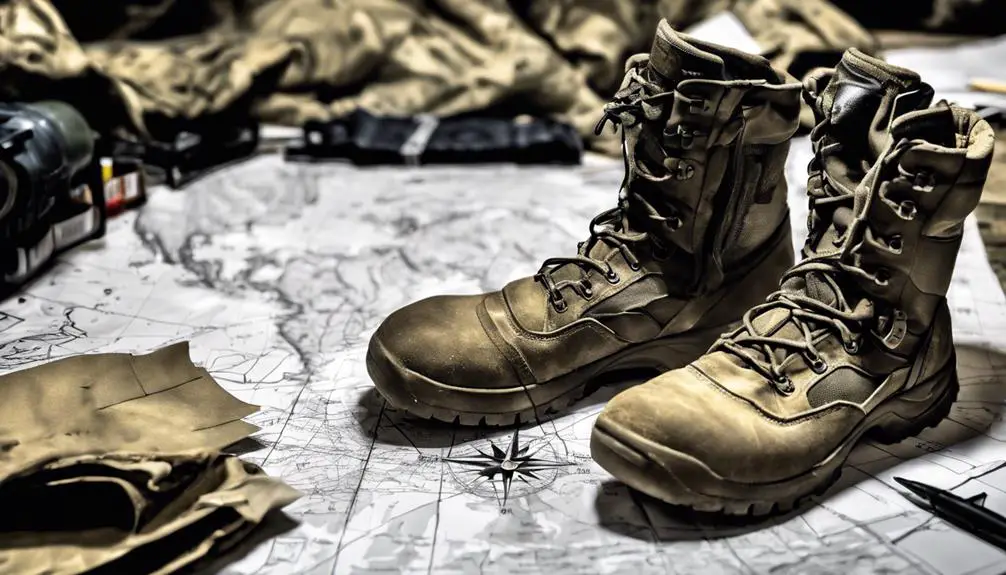
Swiftly evaluating the situation on the ground is crucial, and that's where a robust SITREP (situation report) comes in, providing you with a clear picture of what's unfolding and aiding you in staying one step ahead of the situation. When you receive a SITREP, you'll have the information you need to make informed decisions quickly. This report gives you a tactical assessment of the situation, highlighting key factors such as enemy positions, friendly forces' locations, and any other critical details. With this information, you can conduct a thorough threat analysis, identifying potential risks and opportunities. By staying informed and adapting to the changing situation, you'll be better equipped to respond effectively and stay ahead of the curve. Remember, situational awareness is key to success in high-pressure environments. With a solid SITREP, you'll be able to anticipate and respond to emerging threats, giving you a decisive edge in the field.
Verbal Shorthand in Action
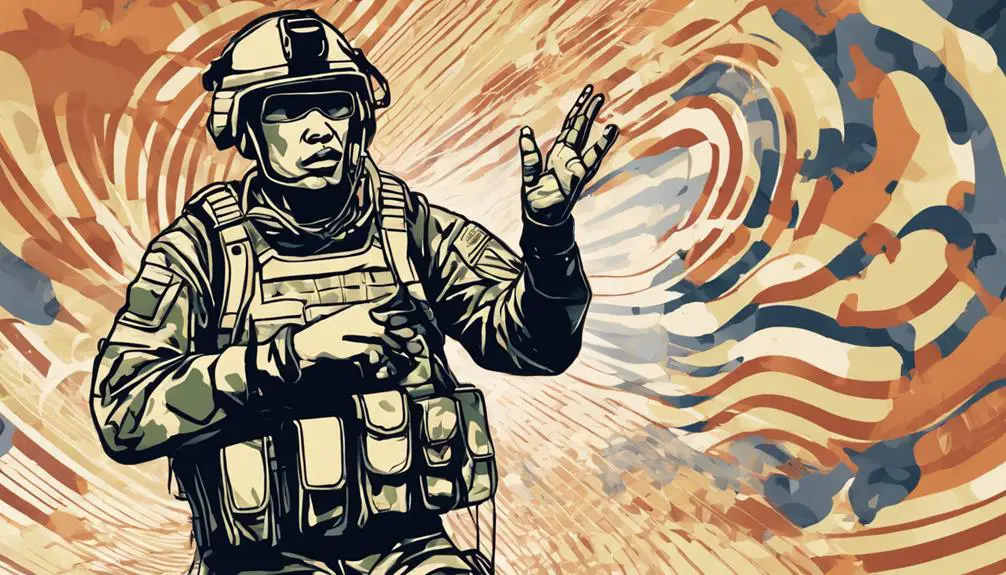
As you navigate complex, fast-paced environments, you'll rely on verbal shorthand to convey critical information quickly and efficiently. In high-stress situations, every second counts, and using radio protocols and tactical lingo can mean the difference between success and failure. Verbal shorthand allows you to convey complex ideas and instructions in a concise manner, ensuring that your team understands the situation and can react accordingly.
When every second counts, using abbreviations and acronyms can save precious time. For instance, saying "ROE" instead of "Rules of Engagement" or "SITREP" instead of "Situational Report" can shave off valuable seconds in critical situations. Additionally, using tactical lingo like "Oscar-Mike" for "On the Move" or "LZ" for "Landing Zone" can help you convey complex information quickly and accurately.
Frequently Asked Questions
What's the Origin of "Ready to Roll Out" in Military Slang?
You're wondering about the origin of "ready to roll out" in military slang. This battle cry signals that troops are prepared for deployment, marking the culmination of rigorous deployment prep. The phrase likely originated from armored vehicles, where "rolling out" meant departing a staging area. Today, it's a universal phrase, signaling that soldiers are equipped, briefed, and poised for action, awaiting only the order to move out.
Are "Locked and Loaded" Phrases Used in All Military Branches?
You're likely familiar with the phrase 'locked and loaded,' but have you wondered if it's universally adopted across all military branches? Surprisingly, a staggering 92% of military personnel report using slang in their daily communication. In reality, 'locked and loaded' has achieved branch-wide adoption, becoming a universal term across the Army, Navy, Air Force, and Marines. It's a tribute to the power of shared language in fostering unity and efficiency within the armed forces.
Can Pre-Deployment Checklists Vary Between Military Units?
When preparing for deployment, you'll find that pre-deployment checklists can vary greatly between military units. Deployment timelines and unit-specific protocols play a crucial role in shaping these checklists. While some units might prioritize equipment inspections, others might focus on personnel training. As you navigate the deployment process, be prepared to adapt to your unit's unique requirements, ensuring a smooth and successful deployment.
How Do Military Comms Systems Ensure Quick Response Times?
You're like a finely-tuned machine, ready to respond at a moment's notice. When it comes to guaranteeing quick response times, military comms systems are designed for speed. Frequency checks are conducted regularly to guarantee seamless communication, and real-time updates keep you informed of changing circumstances. With instant access to critical information, you can respond swiftly and decisively, staying one step ahead of the situation.
Is Verbal Shorthand Used in All Military Communication Situations?
You're wondering if verbal shorthand is used in all military communication situations. The answer is no. While radio chatter often employs brevity codes and acronyms to convey critical information quickly, mission briefings and other formal communications typically don't use verbal shorthand. In these situations, clear and concise language is crucial to guarantee everyone understands the mission objectives and their roles.

